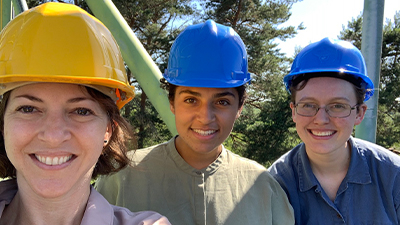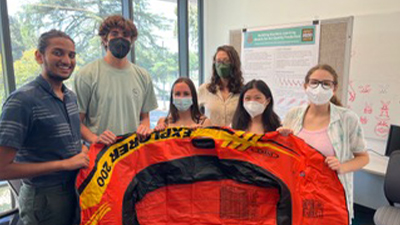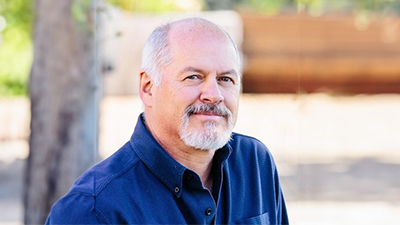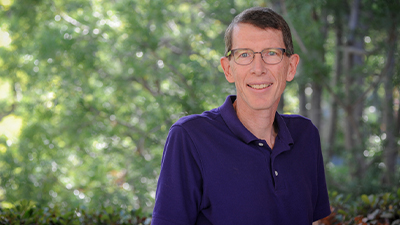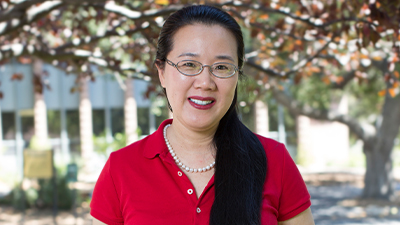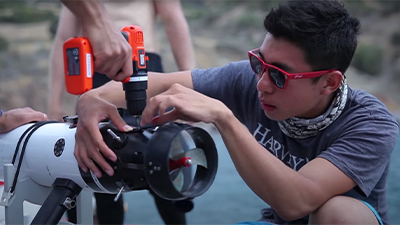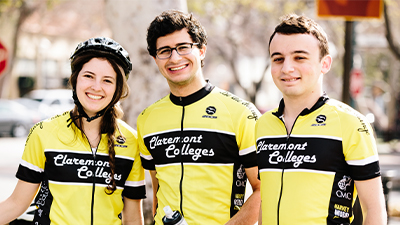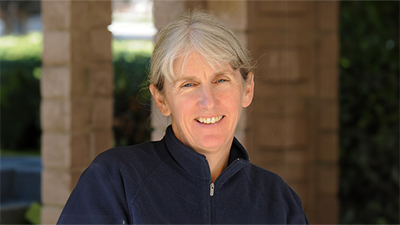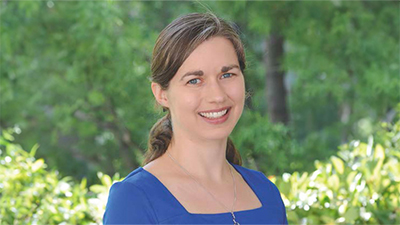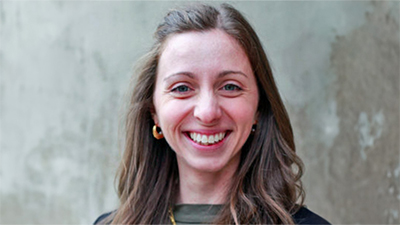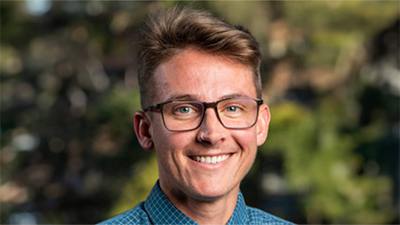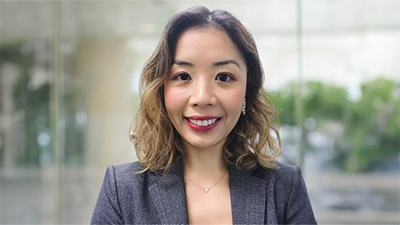Lelia Hawkins, Chemistry
Professor Hawkins’ research sits at the intersection of air pollution and climate change, with an emphasis in measurements of atmospheric particulate matter.
Recent projects include measurements of air pollution in Claremont and Paris, France using aerosol mass spectrometry. We are now setting up a new observation platform in Joshua Tree National Park.
In addition, students working with Professor Hawkins often design laboratory studies to simulate a particular process in the atmosphere, such as the reaction of air pollution in clouds.
